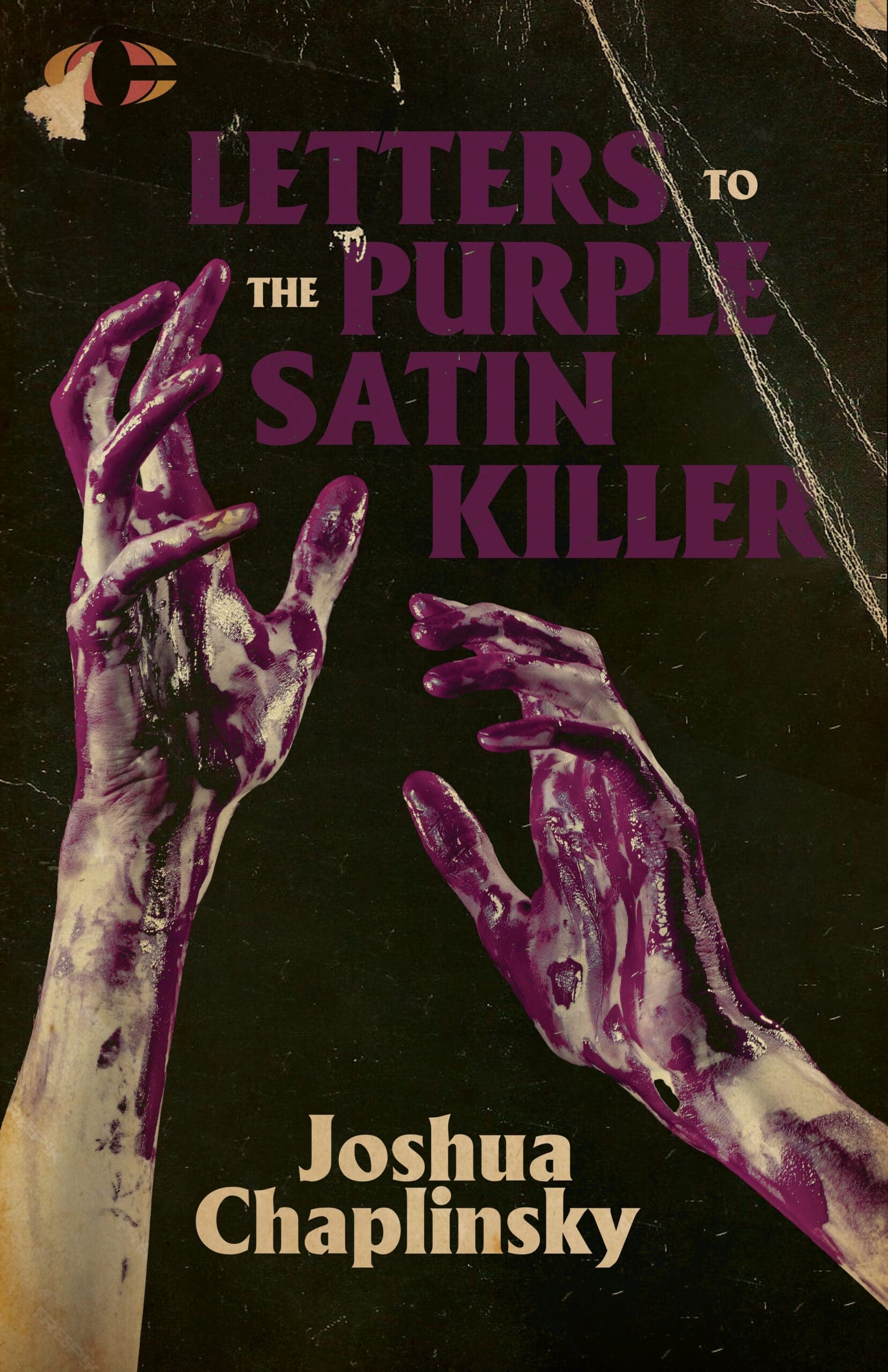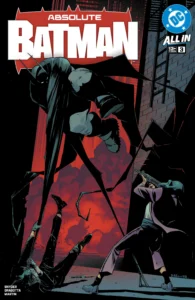
Synopsis
Jonas Williker is considered one of the most sadistic serial murderers of the modern era. This epistolary novel explores the aftermath of his arrest and the psychological trauma of those who lived through it. The Pennsylvania native brutalized his way into the zeitgeist during the early part of the new millennium, leaving a trail of corpses across five states before his eventual arrest. All told, Williker was responsible for the rape and murder of 23 women, and is suspected in the deaths of dozens more. His calling card—a torn piece of fabric found on or inside the bodies of his victims—helped popularize his now ubiquitous nickname. The Purple Satin Killer. In the years following his arrest, Jonas Williker received hundreds of letters in prison. Collected here, these letters offer a unique glimpse into a depraved mind through a human lens, including contributions from family, the bereaved, and self-professed “fans.” They represent a chilling portrait of the American psyche, skewering a media obsessed culture where murderers are celebrities to revere. What you learn about the man from these letters will shock you, but not as much as what you learn about yourself.
Review
A huge, huge thank you to the author for getting an eARC my way!
Provocative in every sense, Joshua Chaplinsky’s Letters to the Purple Satin Killer ignites a reckoning of sorts, a prolonged gaze into the reflection of our cultural fascination with the greatest amalgamation of “other,” serial killers. Only privy to the letters Jonas Wiliker has received during his incarceration, we come to know the Purple Satin Killer in this passive manner, reading between the lines. The weight of what is unspoken, rather unwritten, is hefty with this collection of letters revealing more about ourselves and the world around us than PSK himself.
In many ways, this novel reads as a Rorschach test, detailing the depths of our morbid curiosity. Perhaps this stems from the human need to understand tragedy and violence, to make sense of the senseless. If one thing has been proven true in recent history, it is that the accessibility of information has pushed the bounds of what is deemed socially acceptable in the name of knowledge. This seems to fuel Chaplinsky’s creative decisions in this novel, spotlighting the outlandish lengths the generic citizen will reach in the name of fascination. True crime in and of itself has become a complex, controversial issue in which crime, pain, suffering, and lawlessness have become profitable, an enterprise built upon the anguish of others. I could climb on some morality high horse here about the ethics of true crime, but truthfully, that would be a bit hypocritical.
Instead, the focus should be placed on this sandbox Chaplinsky has built for us to play in, the creation of the fictional Purple Satin Killer, an offender so violent, so vicious that Ted Bundy seems to fall by the wayside. Certain influences of cultural moments are made incredibly clear throughout this novel, shining an unyielding light on the strangeness of this public fixation and proving that truth really is stranger than fiction. Letters to the Purple Satin Killer makes for a markedly timely read for these reasons and even works to execute a dark satirical tone to denote this peculiarity.
All of this is made possible through Chaplinsky’s creative decision to make this work one of an epistolary nature. We only read what others have to say to PSK, something that curates this unique indirect yet undoubtable characterization of each letter’s author. A thought exercise in formatting, imagine only knowing Stephen King’s Carrie White from the perspective of Sue Snell, Chris Hargensen, or even more acutely, Margaret White. These indirect pathways of note, the small anecdotes and memories we receive along the way build a rather startling image of PSK. Chaplinksy’s writing makes this intentional absence of PSK’s own words, own thoughts a profound silence by which we come to know him. It’s a truly astonishing feat that lends itself to questions of perspective, muddying the already dirty waters of truth.
“Because the external gaze is not something a person can exert direct control over.”
In addition, there’s plenty of personality to drown out the quiet of PSK with letters from his mother, childhood friend, religious figures, attorneys, romantic interests, and many others. The tone set with each individual is unmistakable, managing to tackle emotions of aloofness, disgust, lust, revulsion, hate, misunderstanding, curiosity, love, desire, confusion, guilt, and acceptance. This rollercoaster of emotions gives way to humor and a dark lens of notoriety for PSK, the sheer number of individuals wanting a proverbial piece of him despite his wretched misdeeds. Unfortunately, a lot of truth can be found in this work of fiction, truth about strangers willing to project their wants, needs, and desires onto the most baffling of subjects.
Worming its way deep into the grooves of our cultural mindset, Letters to the Purple Satin Killer holds a filthy, jagged mirror up to the face of the “other,” giving shape to the abstract and illicit. A greater question forms when we recognize this otherness not just in violent offenders, but ourselves in our own glorified idea of justice or the search for understanding. This is a bold, abrasive novel that may not be for everyone; you just may not like what you see looking back.
Letters to the Purple Satin Killer by Joshua Chaplinksy releases on August 6th from Clash Books.









Leave a Reply